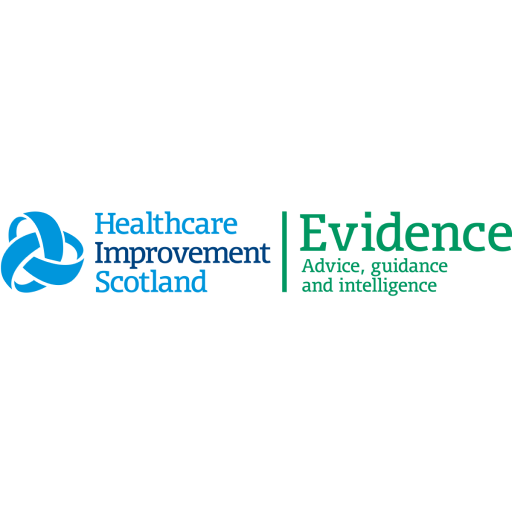Young people accessing gender identity services may have additional care and support needs. This standard sets out additional requirements which services should provide. Young people’s services should also be delivered in line with standards 1-9.
Delivering healthcare services for young people requires effective communication and multidisciplinary and multi-agency working between services. The implementation of local and national protocols and evidence based integrated clinical and care pathways will ensure young people can access the right care, from the right person at the right time.17, 42, 53 This may include CAMHS, social work, support through educational establishments and support for family and representatives.
All young people have rights under the UN Convention of Rights of a Child (UNCRC) Article 1 and other healthcare policy frameworks, which outline the responsibilities for organisations and staff.31, 54 This includes, but is not limited to, that young people should be informed of their rights, including the right to privacy and the right to confidentiality, and the circumstances where information may be shared in order to keep them safe or protect them from harm.
Staff working with young people are trained in their professional and legal obligations in safeguarding, obtaining consent and supporting decision making.26 Young people, and their families/representatives, are informed and involved in discussions and decisions where appropriate and with consent. Young people are supported to understand when information may be shared.
Trans and non-binary young people are more likely to experience discrimination and bullying at school, poor family and caregiver relationships, and to have experience of the care system. All these factors may impact on their health and wellbeing. There is evidence that trans and non-binary young people also experience higher rates of mental health issues, adverse childhood events and is more neurodivergent.55 A holistic initial assessment and ongoing care planning should consider all relevant medical, social, developmental and other factors to support the young person in their decision making.
Young people should be actively involved in the way services are planned and be listened to and taken seriously. Organisations should undertake Children’s Rights and Wellbeing Impact Assessments to understand the needs of their populations and ensure these are addressed.
Young people may move from young people’s to adult gender identity services as they get older. The transfer to adult services will be determined by personal circumstances, choice and local arrangements for service provision and age boundaries. The move between young people’s and adult services should be as seamless as possible, maintaining continuity of care, with early planning and collaborative working relationships between services to support the move.30 The original referral date should be applied by the adult service in the event that the young person reaches the relevant age for adult services whilst waiting to access the young people’s service.
